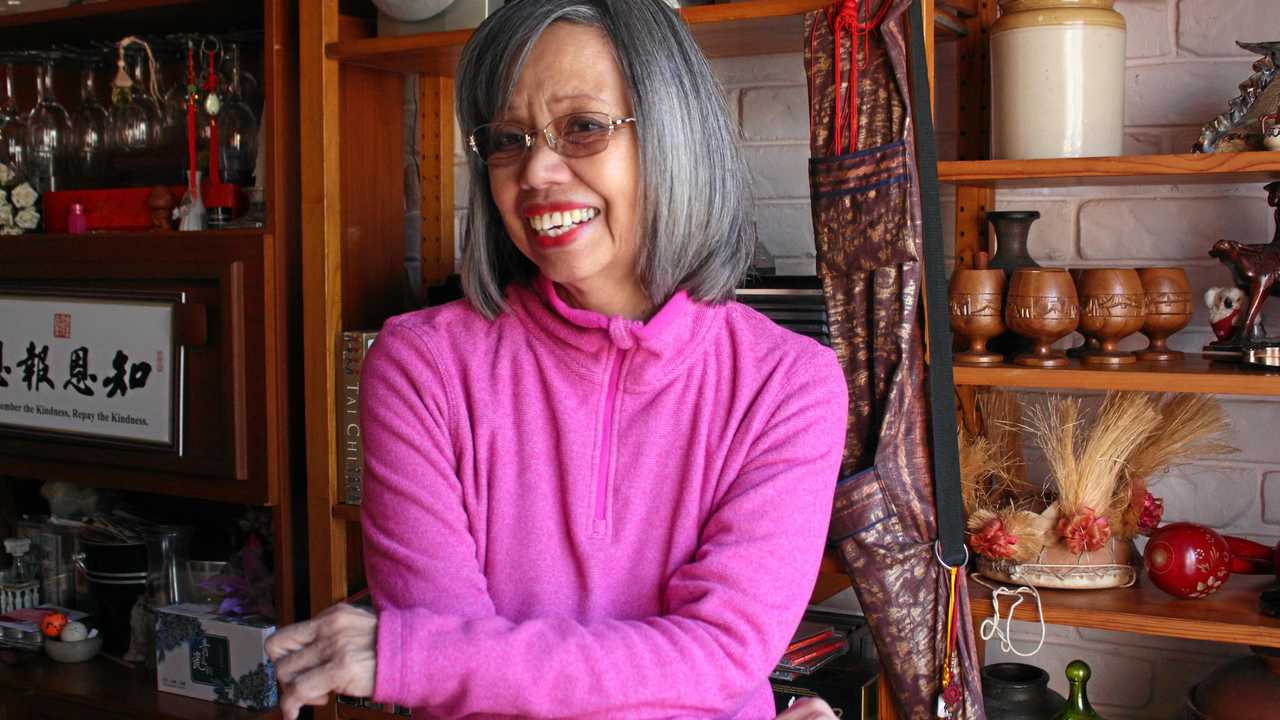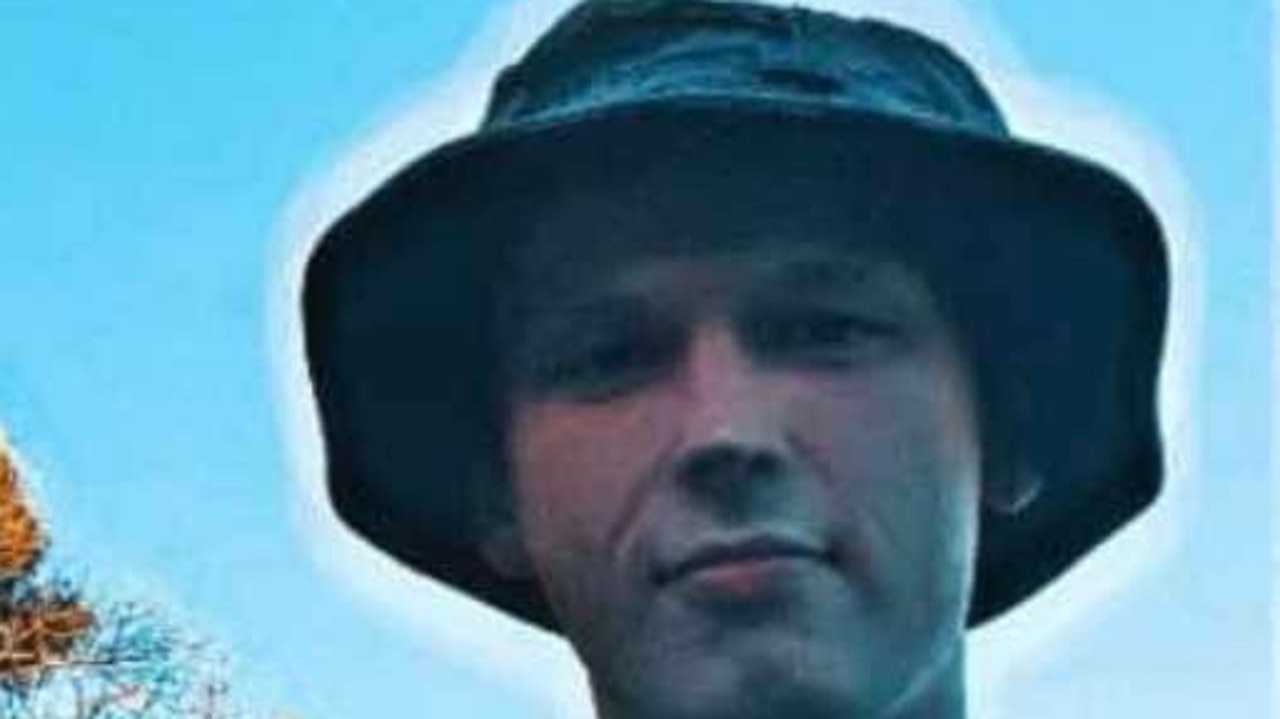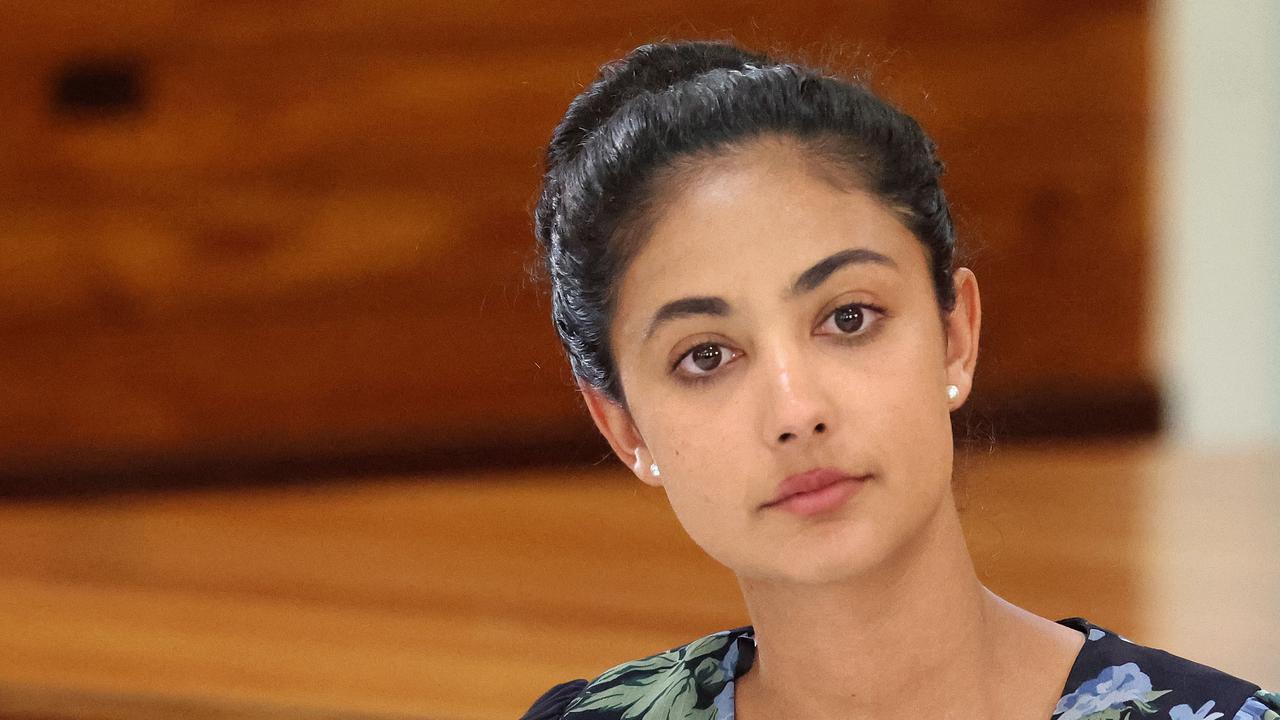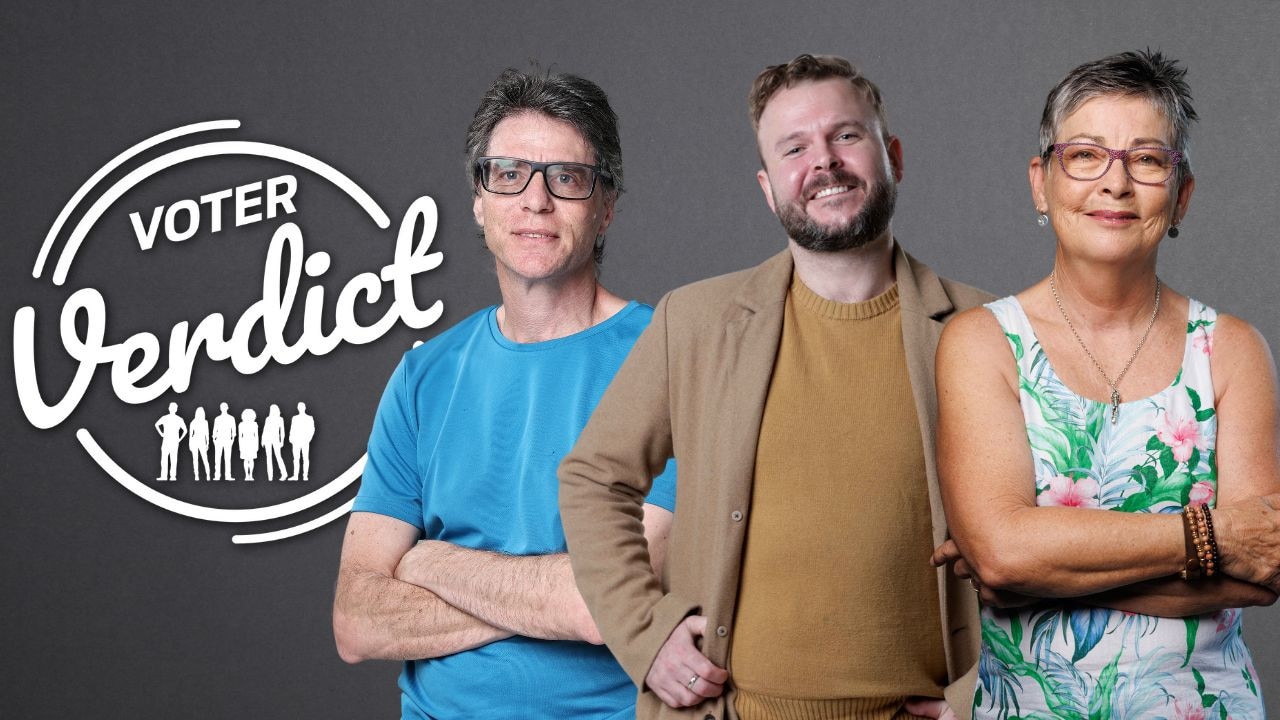Educating against illegal practice sparks refugee advocacy
PUTTING an end to one of the most harmful acts against women that persists today, Fiori Cruz became an advocate for migrants and refugees.

Warwick
Don't miss out on the headlines from Warwick. Followed categories will be added to My News.
WORKING to eradicate an illegal and destructive practice in Australia gave Warwick refugee advocate Fiori Cruz an insight into clashes between foreign cultures and the law.
Despite its controversy, the dangerous practice of female genital mutilation is an issue that Ms Cruz did not shy away from.
Working for Family Planning Queensland in the 1990s, Ms Cruz worked closely with refugees from African and Arabic cultures to put an end to FGM in Australia.
A survey of Australian paediatricians published in 2017 found 2.3 per cent had seen cases of female genital mutilation, indicating the practice persisted in small frequencies, mostly among migrant populations.
According to the Australian Medical Association, FGM is defined as any procedure involving the partial or total removal of the external female genitalia or other deliberate injury to female genital organs for non-medical reasons.
The practice is most commonly carried out on girls between infancy and the age of 15.

Mrs Fiori said FGM was harmful and could have devastating effects, including death for affected women.
But some who migrated to Australia didn't realise the practice was illegal, according to Mrs Cruz.
"For many of these women it was a highly valued practice because a woman who is not mutilated is not accepted by the husband and not seen as beautiful," she said.
Ms Cruz recalled the challenge of trying to stop abusive traditions that were ingrained in certain cultures.
"When you migrate to another country there are laws you have to obey that may contradict your custom but your just have to accept that."
The experience brought up complex emotions.
"I felt this should not be done to women, but I felt sorry for the people from the country where it is accepted, because they did not know any better."
She said education workshops run by herself and women from Egypt and Sudan were successful in changing cultural opinions about the dangerous practice.
"We didn't have any adverse reactions, they were accepting and they respected the Australian laws once they realised."
She said it was important to approach the issue with an understanding of why FGM is practised and valued by some.
Through this work, Ms Cruz connected with migrants, sparking a passion that has continued throughout her life.
Now retired in Warwick, Ms Cruz is an executive member of the Southern Downs Refugee and Migrant Network and helps teach English to migrants every week.
Originally published as Educating against illegal practice sparks refugee advocacy






